Aero 321 Planes
1/18
There's no tags or description
Looks like no tags are added yet.
Name | Mastery | Learn | Test | Matching | Spaced |
|---|
No study sessions yet.
19 Terms
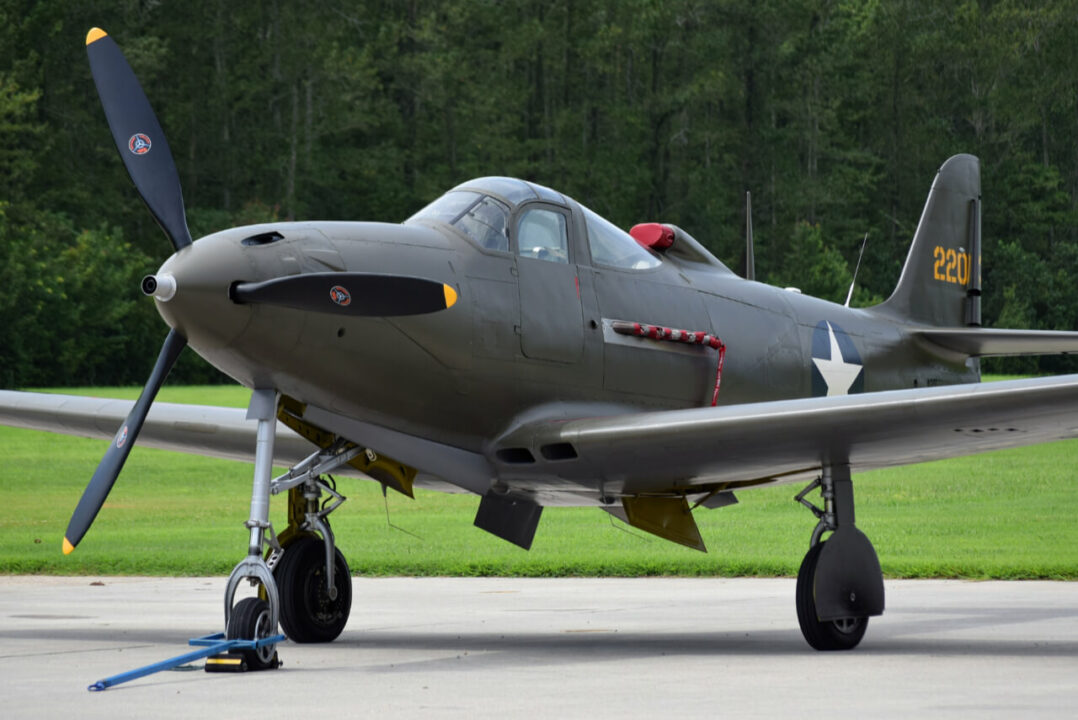
Bell P-39 Airacobra
S&C Characteristic: midengine airplane, neutrally stable. Engine behind, propellor in front, drive shaft below, the pilot
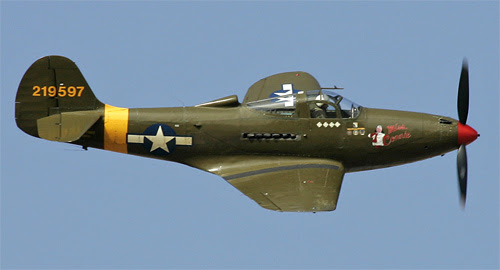
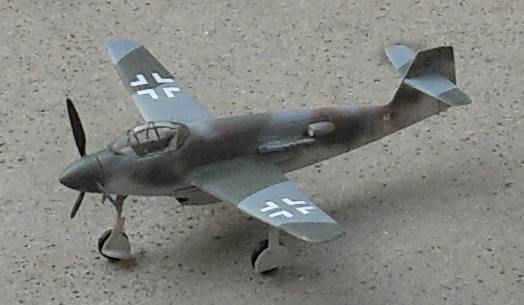
Messerschmitt Me 509
S&C Characteristic: midengine airplane. neutrally stable. Influenced by P-39
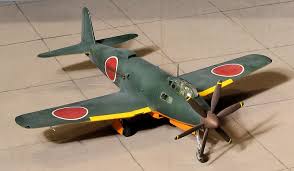
Yokosuka R2Y1
S&C Characteristic: midengine airplane. neutrally stable. Influenced by P-39
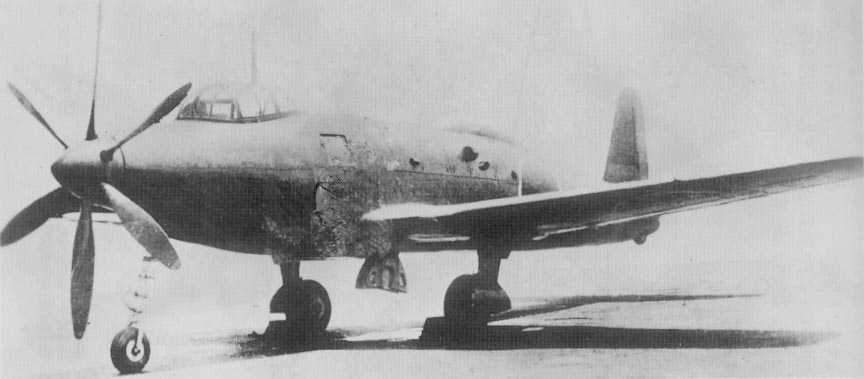
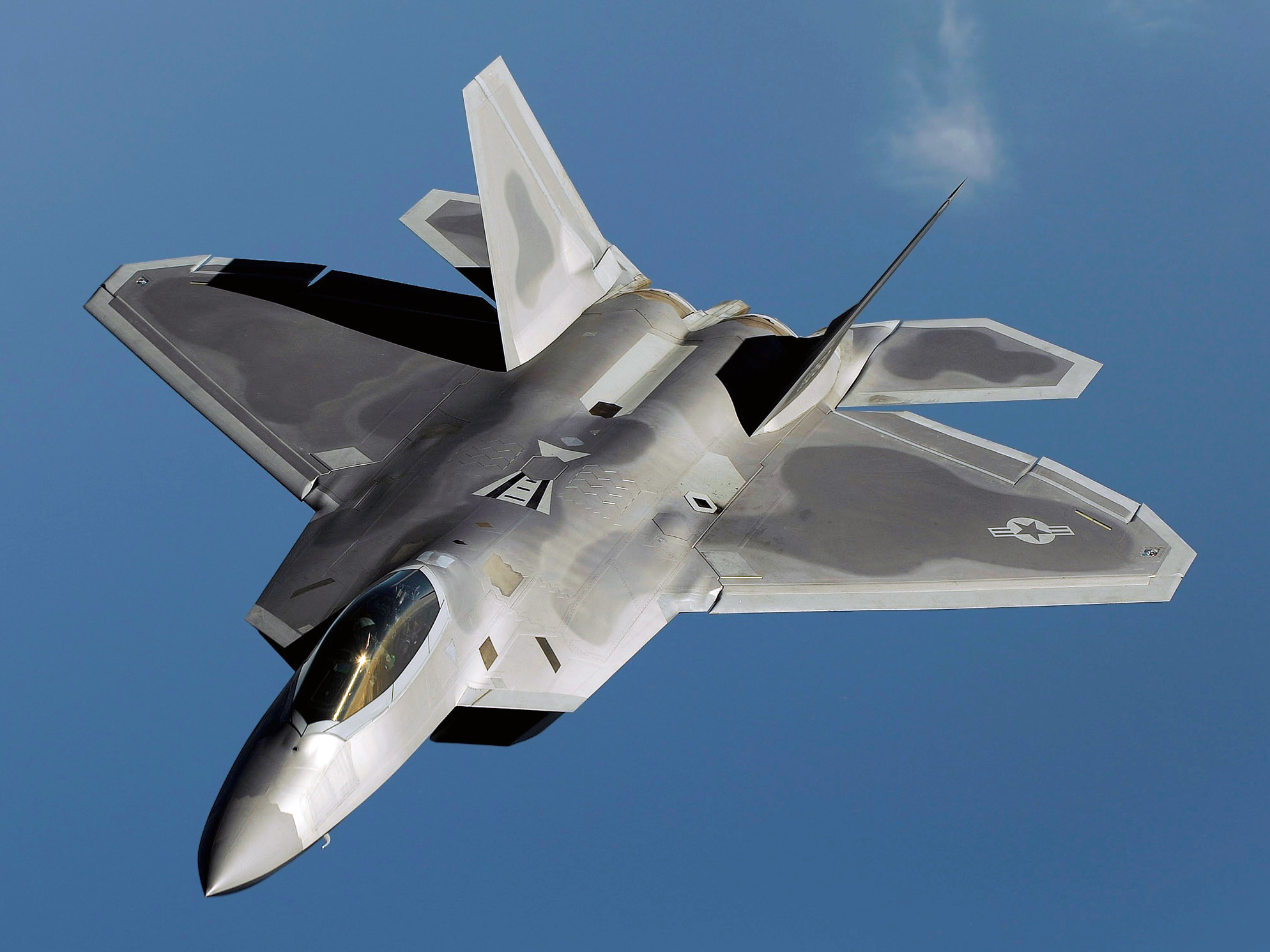
Lockheed F-22 Raptor
S&C Characteristic: Has a horizontal tail, but originally did not need it because it had thrust vectoring
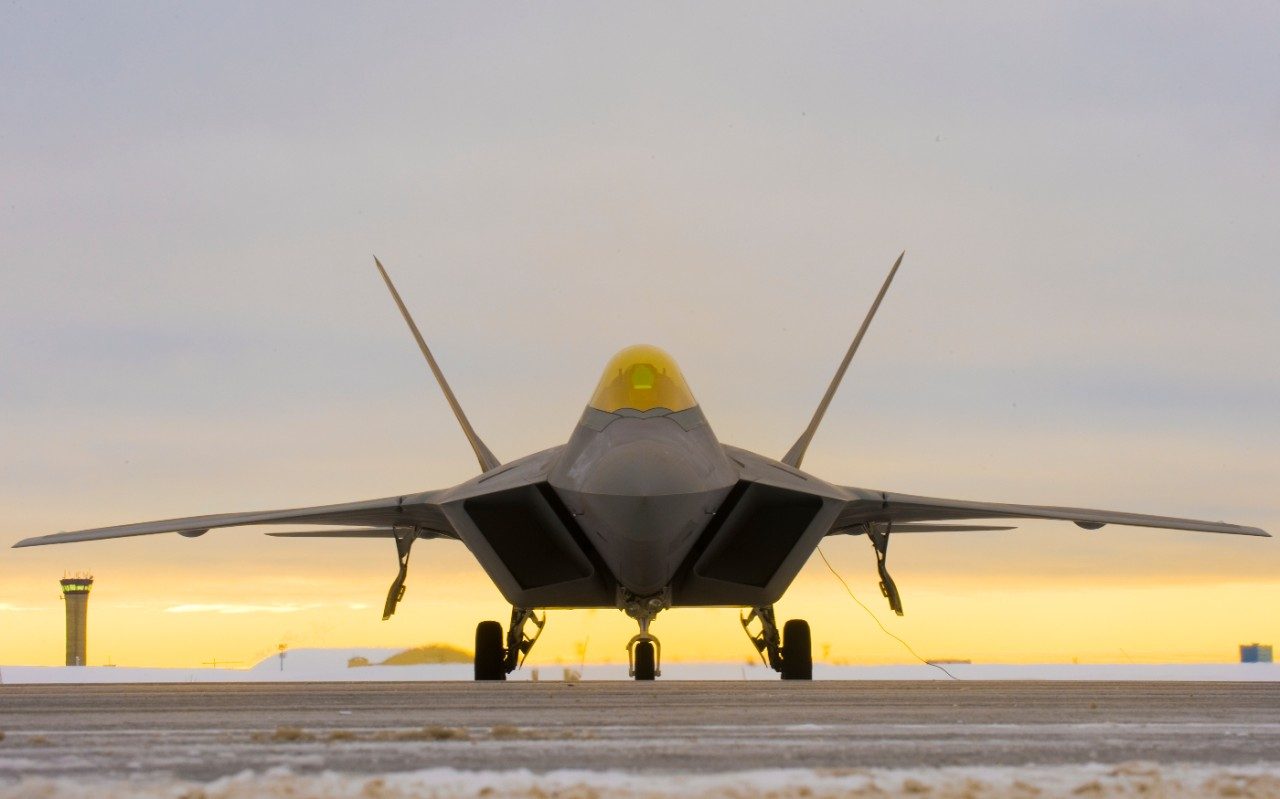
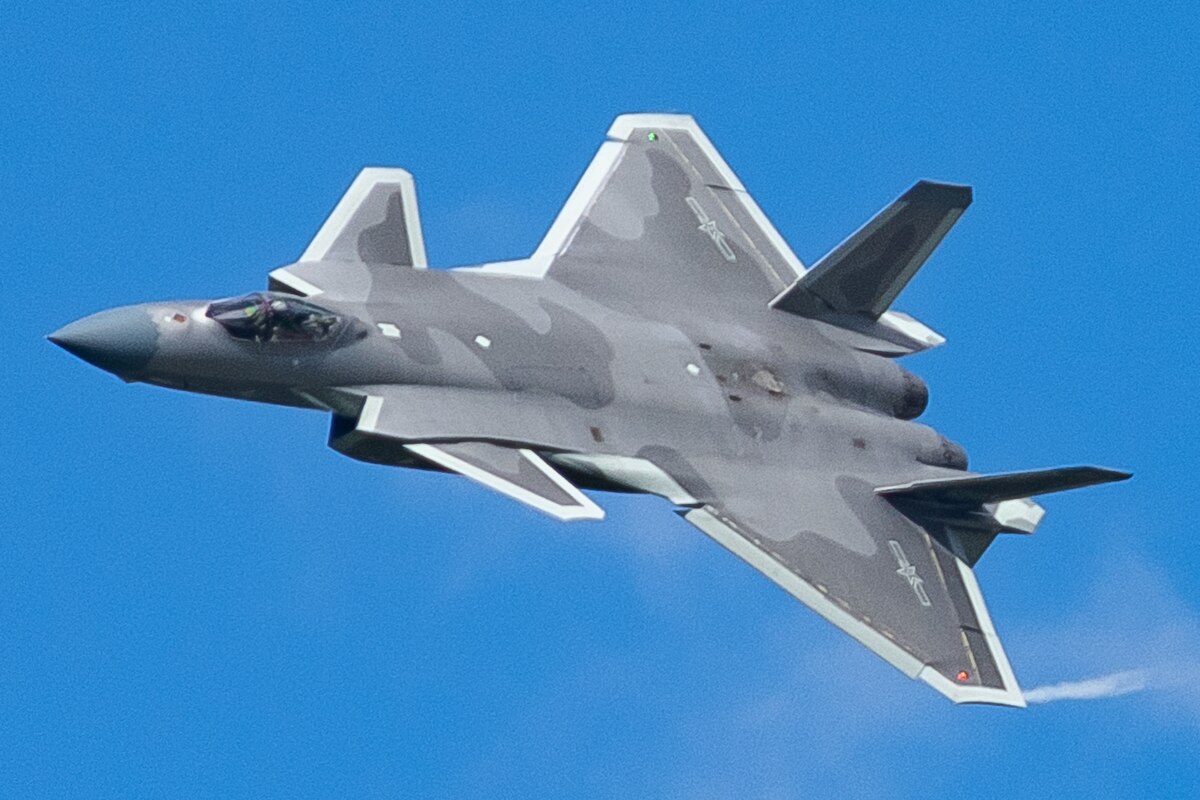
Chengdu J-20 Mighty Dragon
S&C Characteristic: Horizontal tail, influenced by F-22
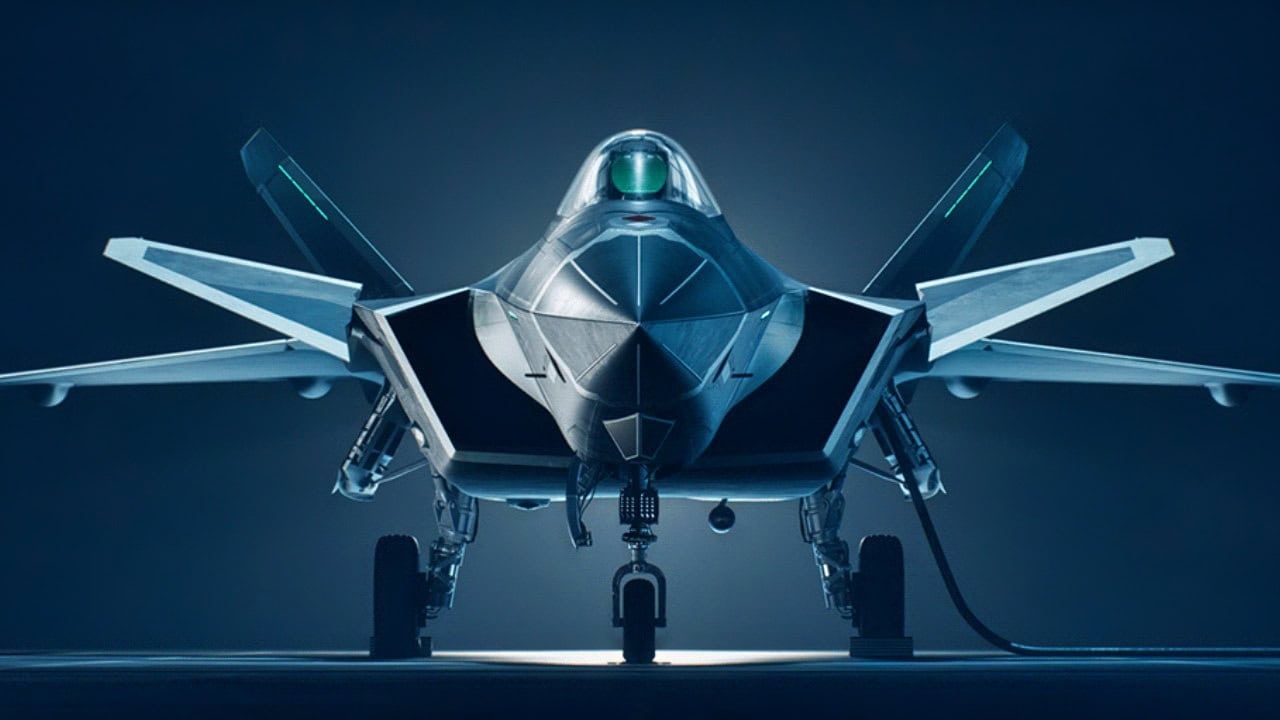
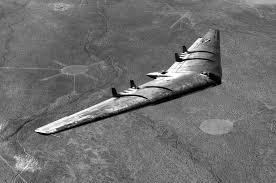
Northrop YB-49 Flying Wing
S&C Characteristic: No H-stab, no fuselage, 8 jet engines, statically stable, bad volumetric
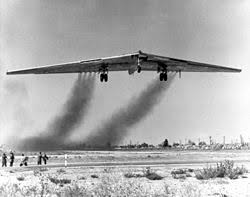
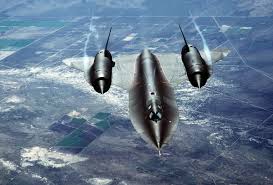
Lockheed SR-71 Blackbird
S&C Characteristic: V-tail is canted inward. low observable. loses some stability. mach 3.2
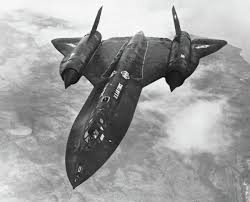
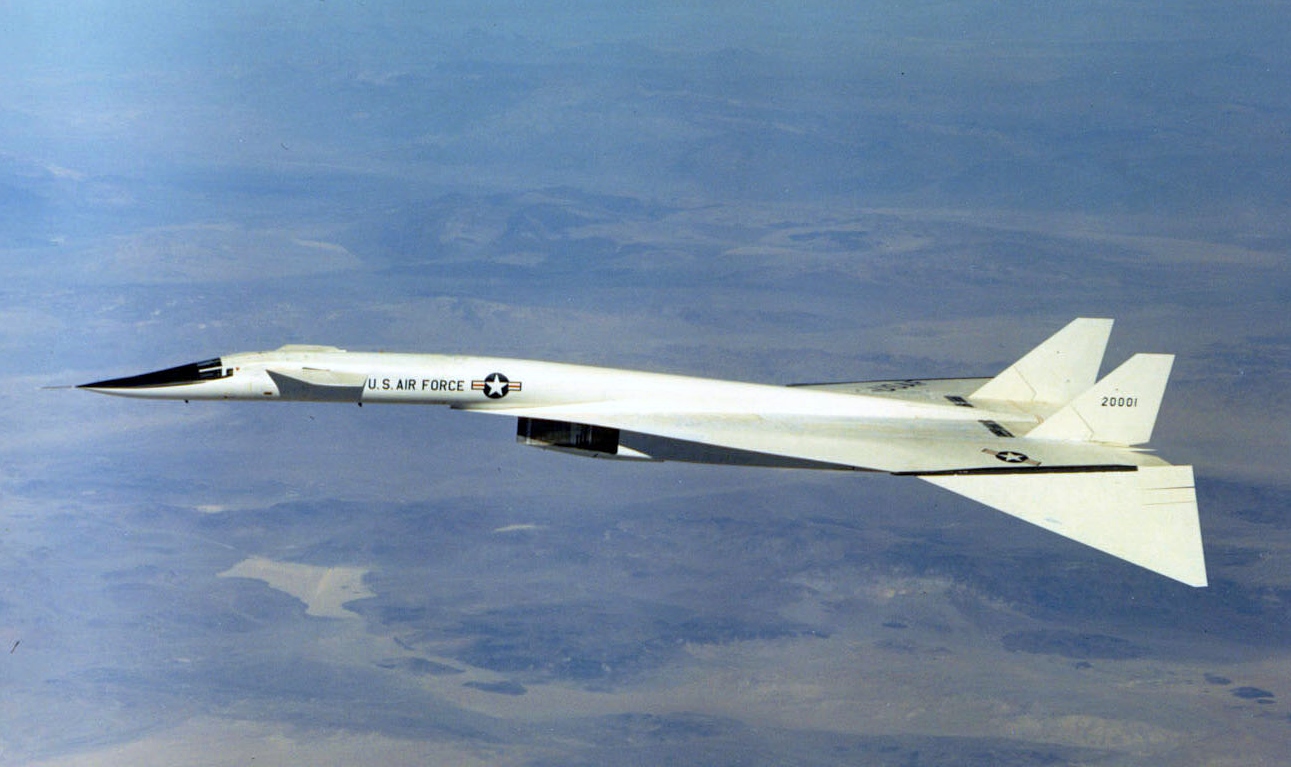
North American XB-70 Valkyrie
S&C Characteristic: wing tips can hinge down. canards, delta wing, 6 side-by-side engines. 'big fast bomber'
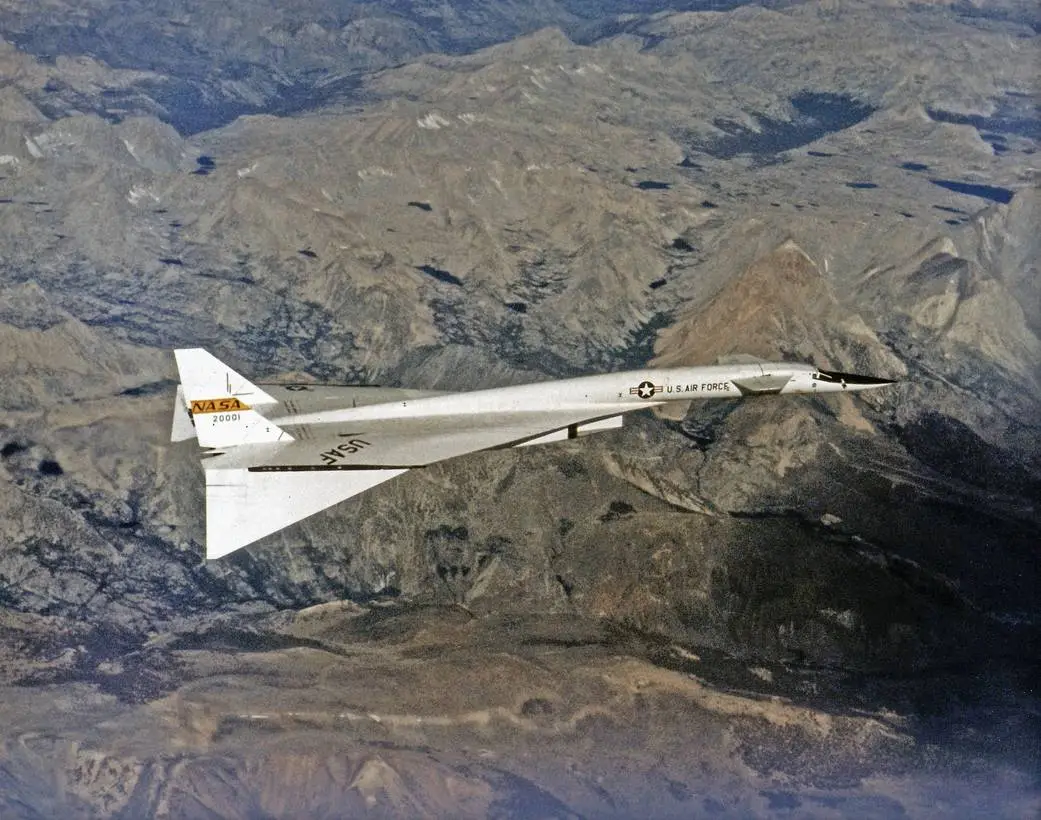
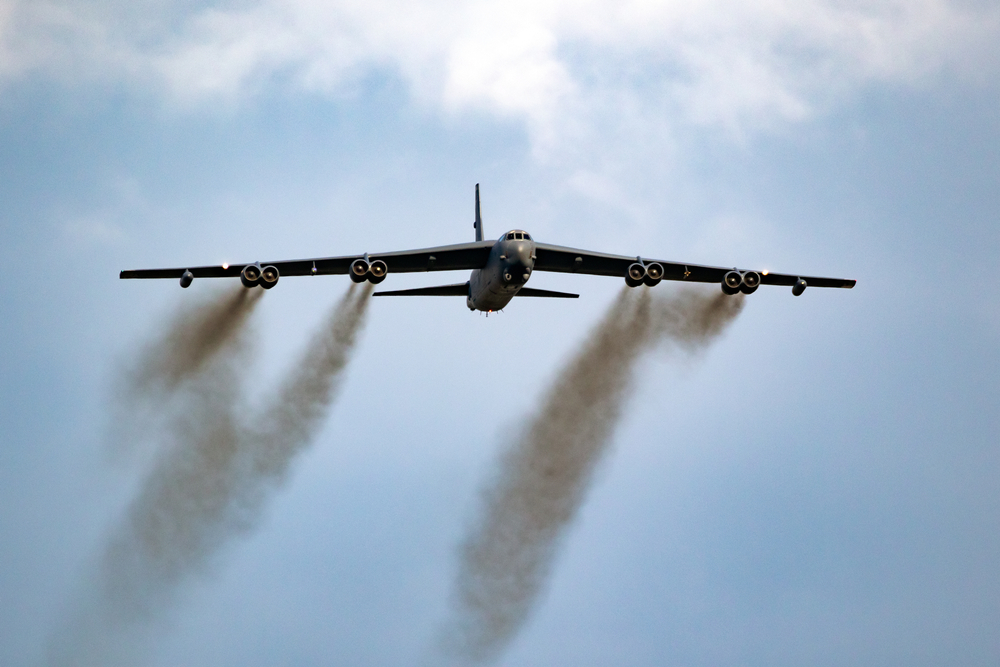
Boeing B-52H Stratofortress
S&C Characteristic: Fuel sloshing caused one to crash (fuel is in the wing so acceleration pushed to the back and changed center of mass so they pitched up). they added windage trays to mitigate
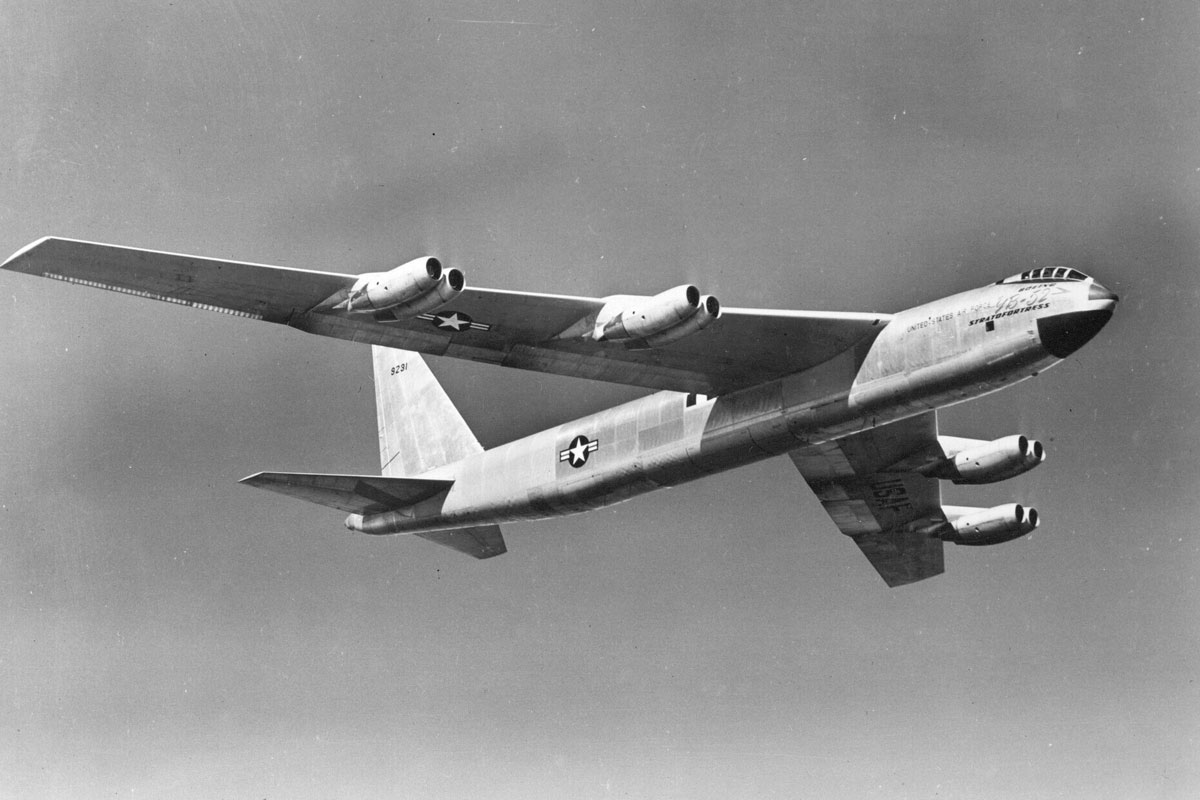
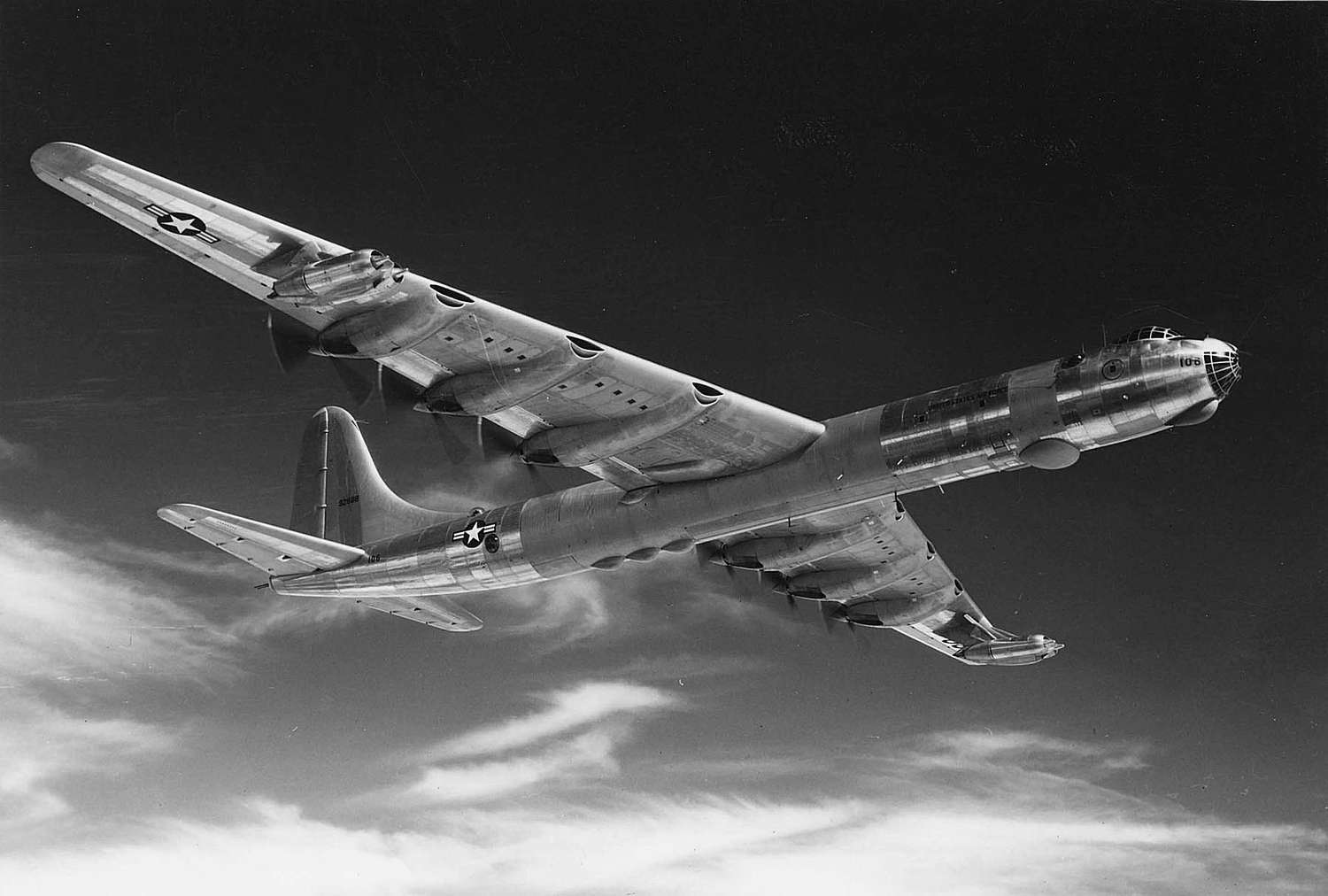
Convair B-36D Peacemaker
Produced in FW, TX; 6 gas-engines, 4 turbo-engines
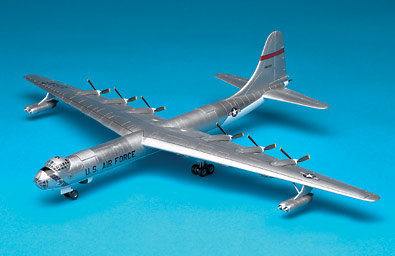
Oblique Flying Wing
Asymmetry caused inertial coupling; plane only ever a concept due to being impractical and commercial safety issues (unable to park at gates, safety issues with exists and fuel location, etc.)
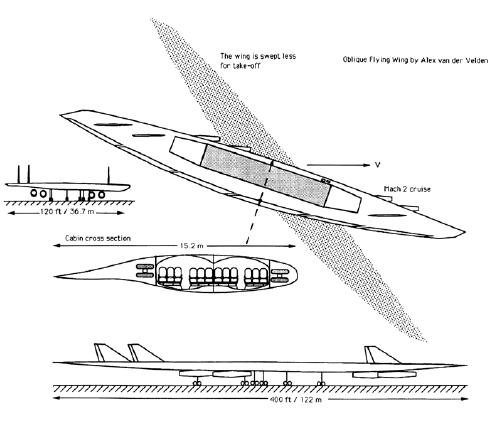
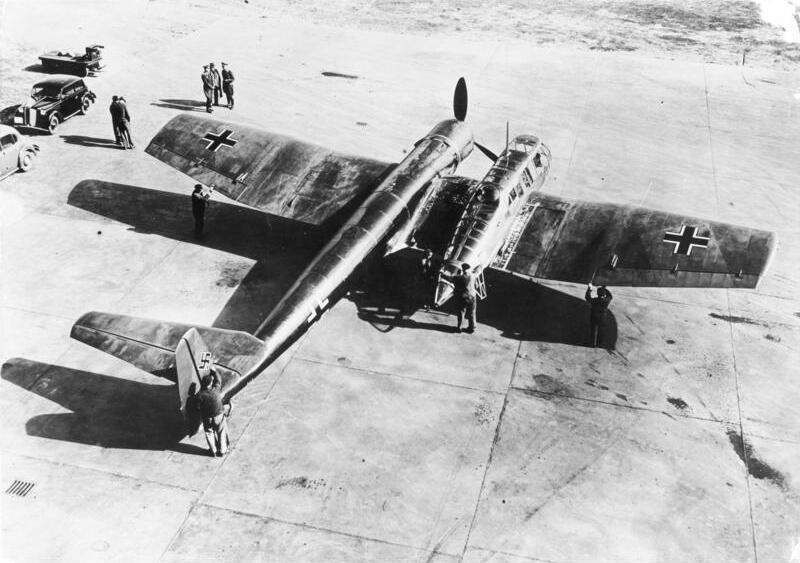
Blohm & Voss BV 141 B-0
Asymmetric; observation/reconnaissance aircraft with observation pod mounted on wing for increased visibility; H. Tail cut short to increase range of fire for machine gun on rear
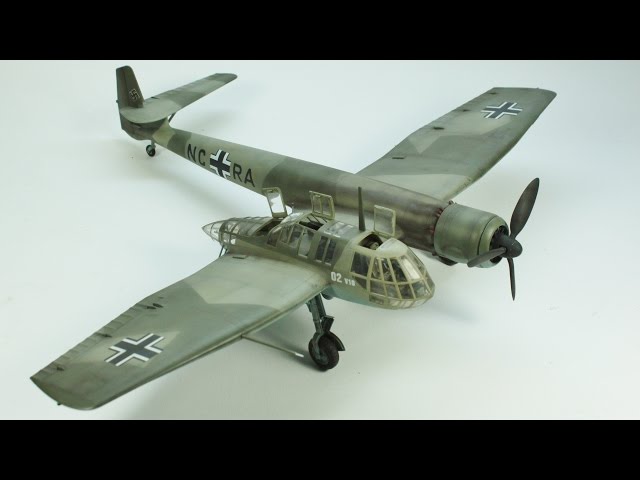
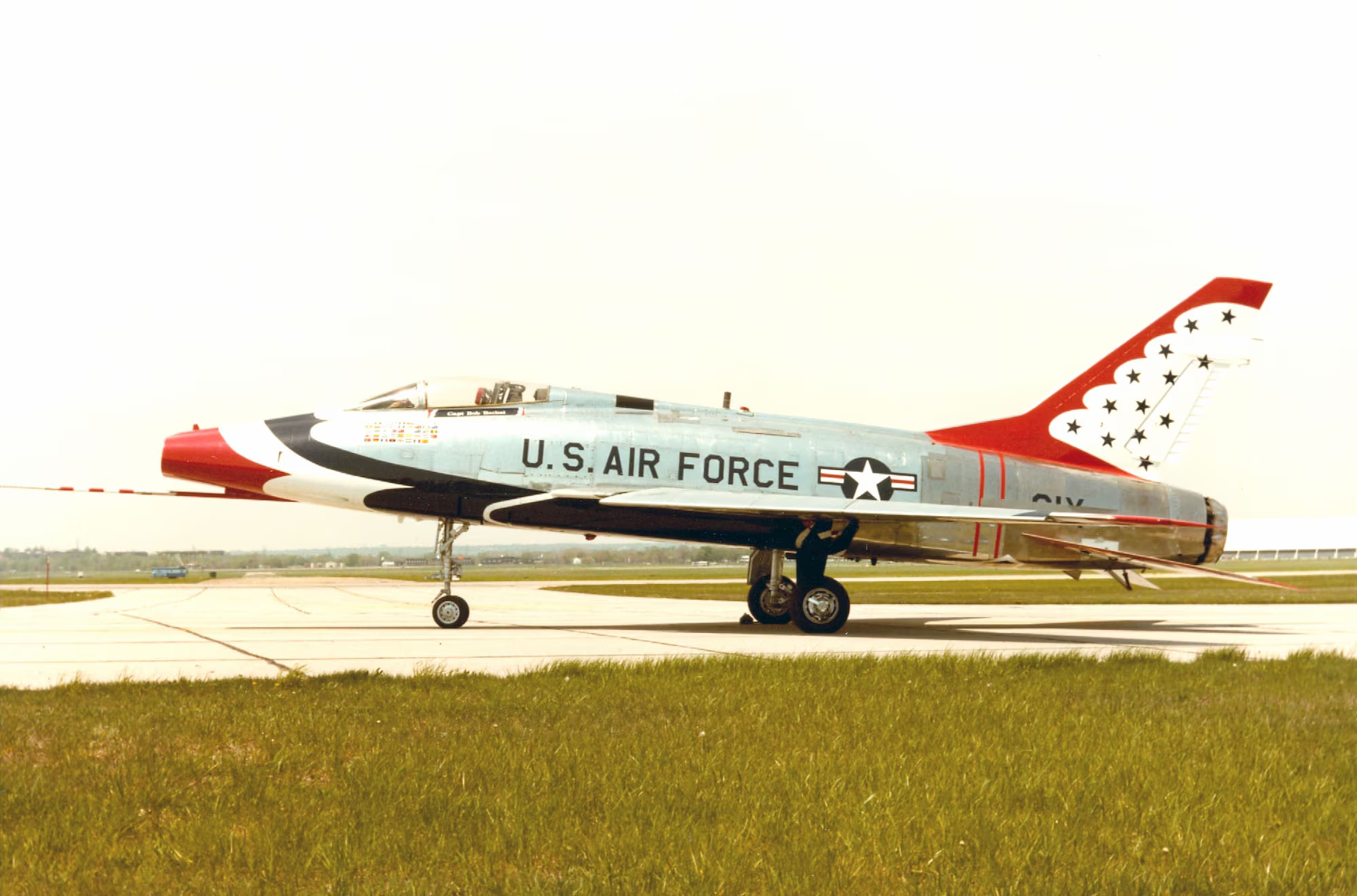
North American F-100 Super Sabre
Inertial coupling due to unbalanced inertias
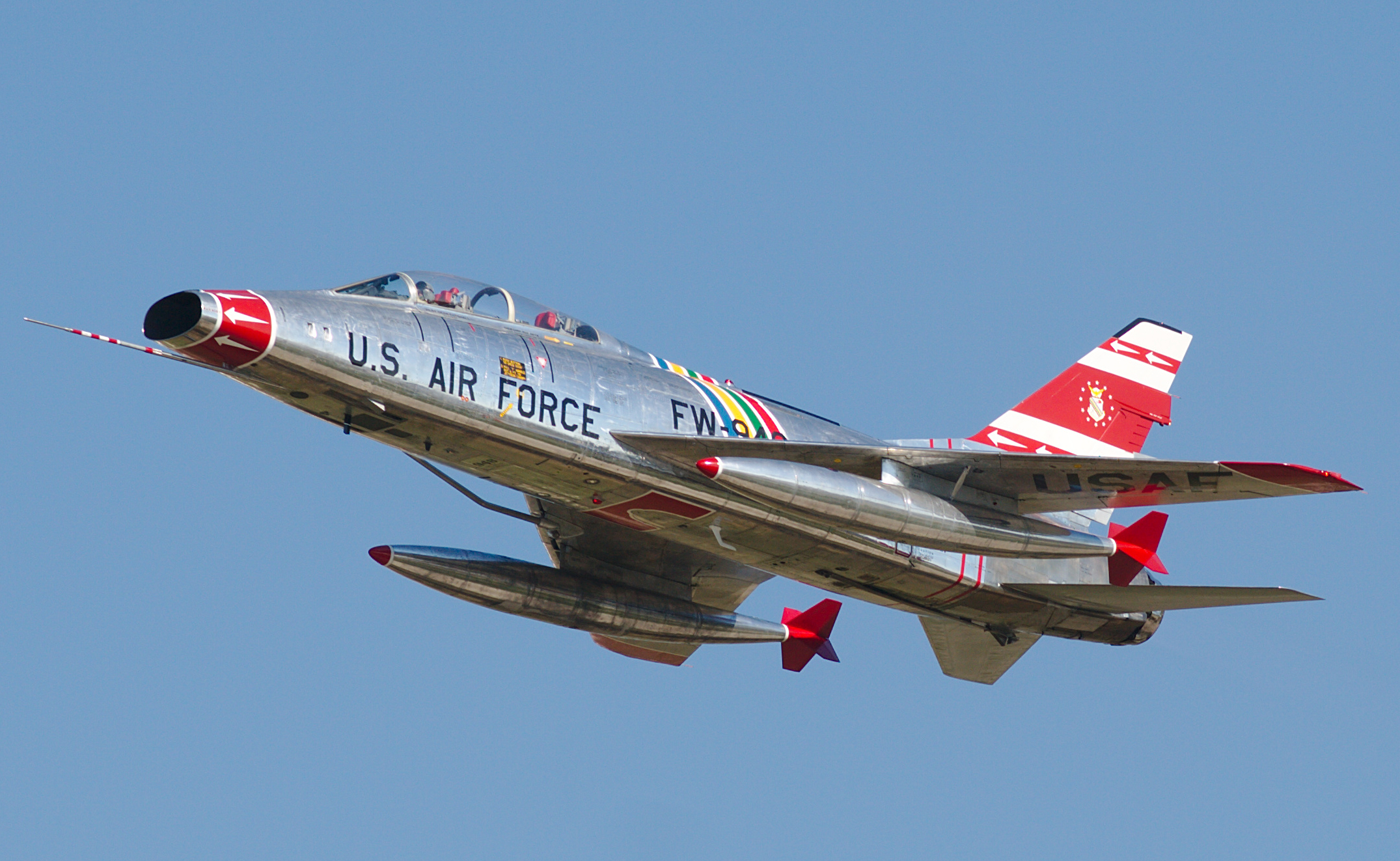
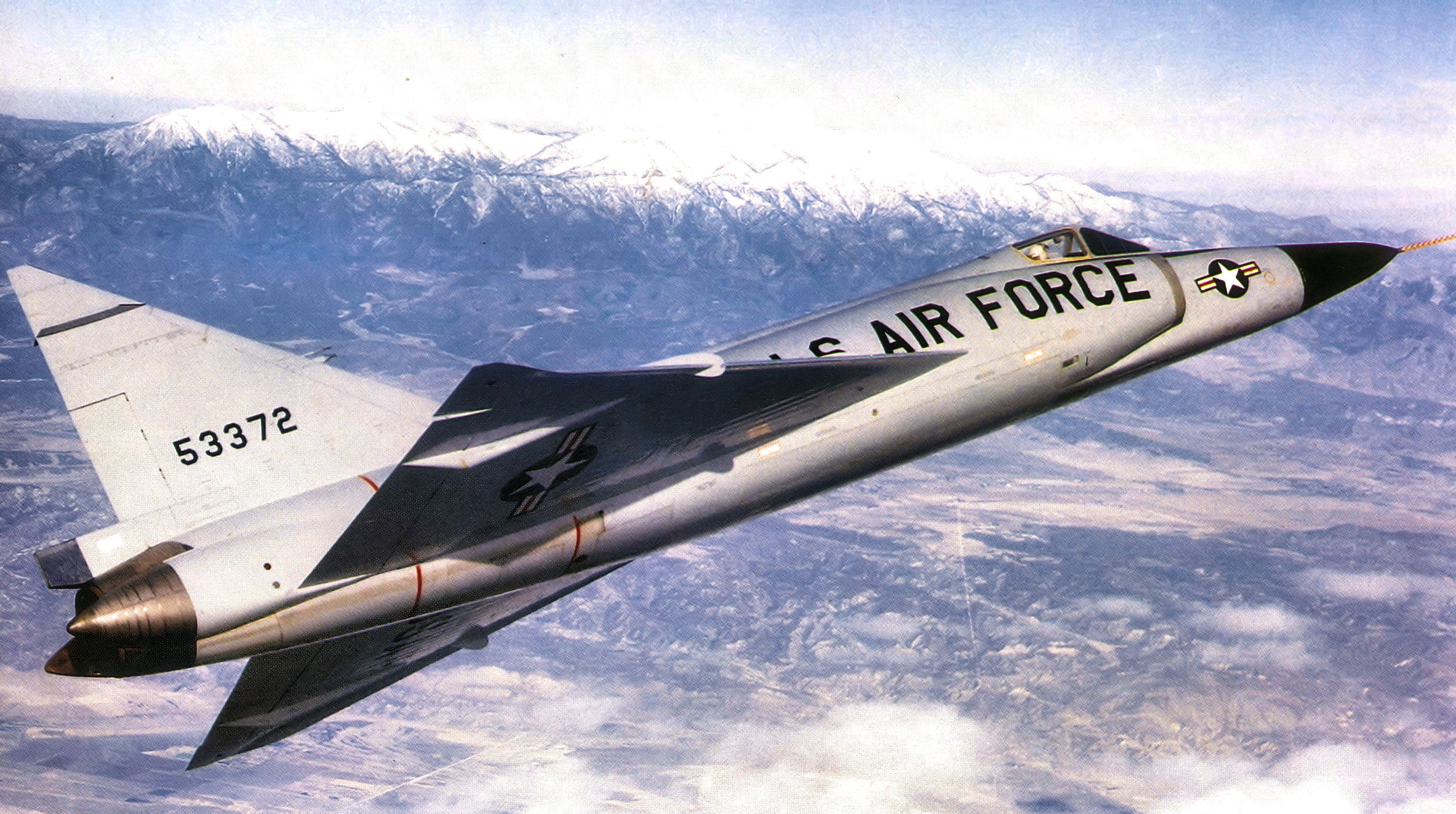
Convair F-106 Delta Dart
Very high inertial coupling made flying very difficult; huge discrepancy in principal inertias so unbalanced; tendency to resist rotation
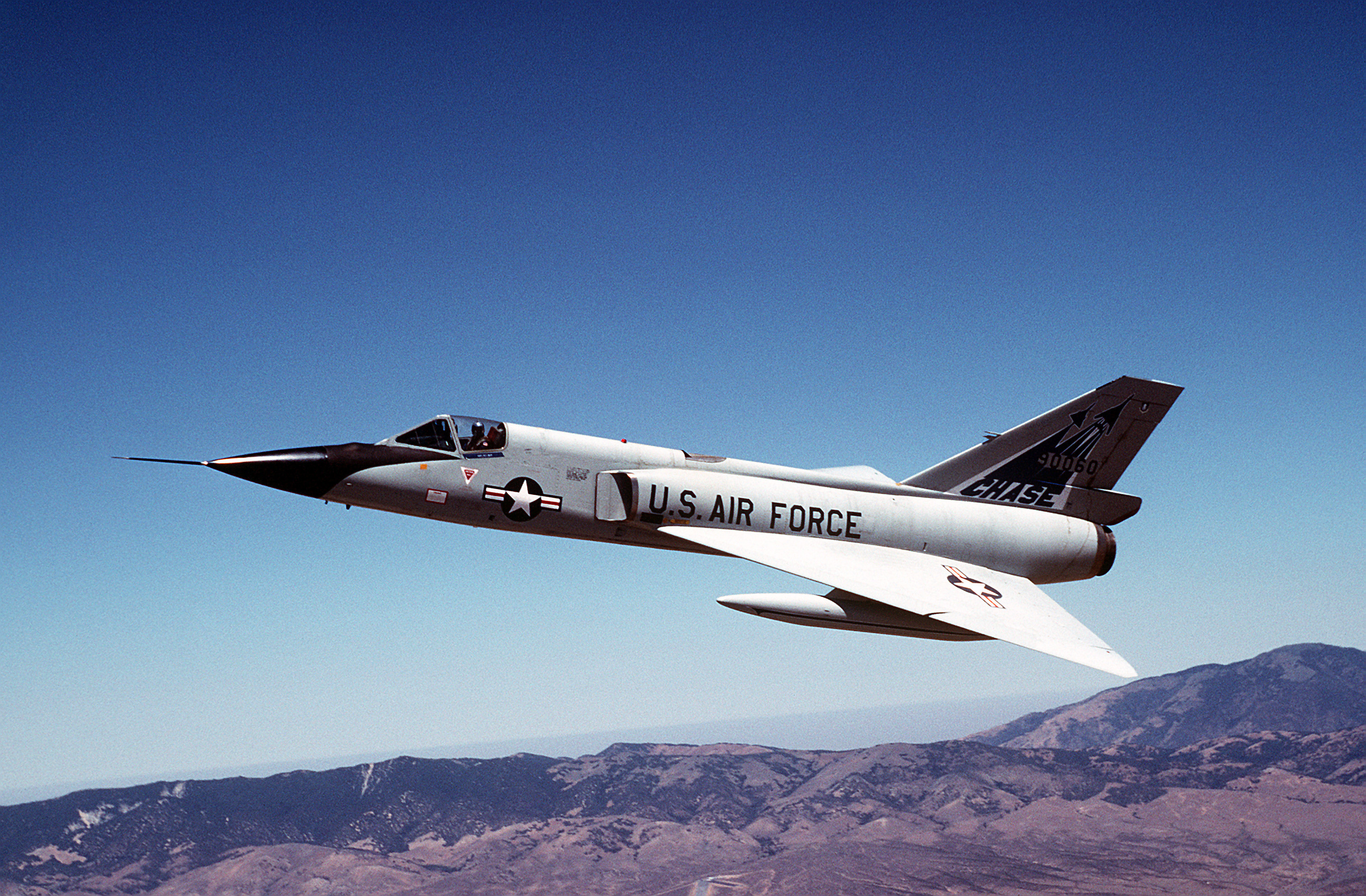
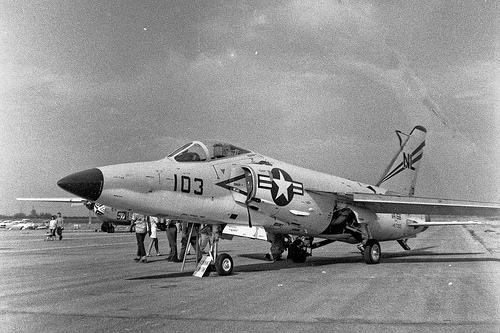
Grumman F11F-1 Tiger
N/A
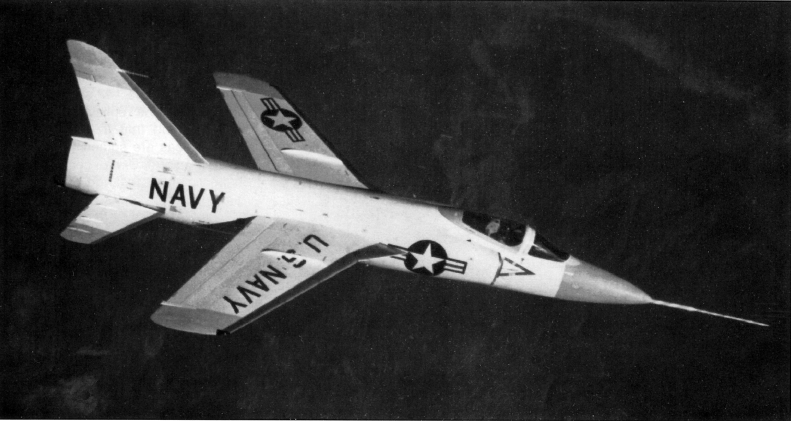
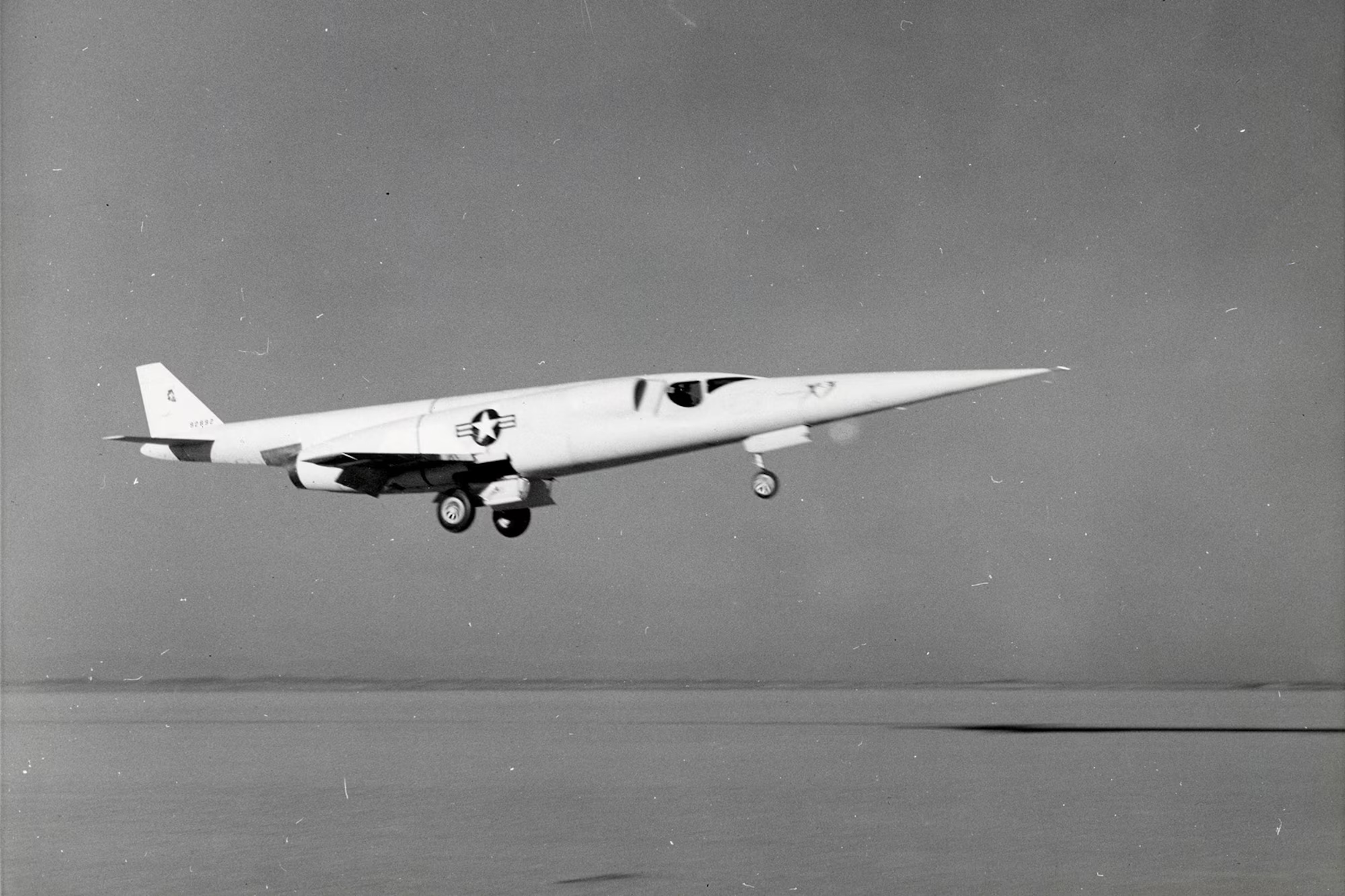
Douglas X-3 Stilletto
Very large imbalance in principle inertias; very high inertia coupling due to I_xx-I_yy being very large
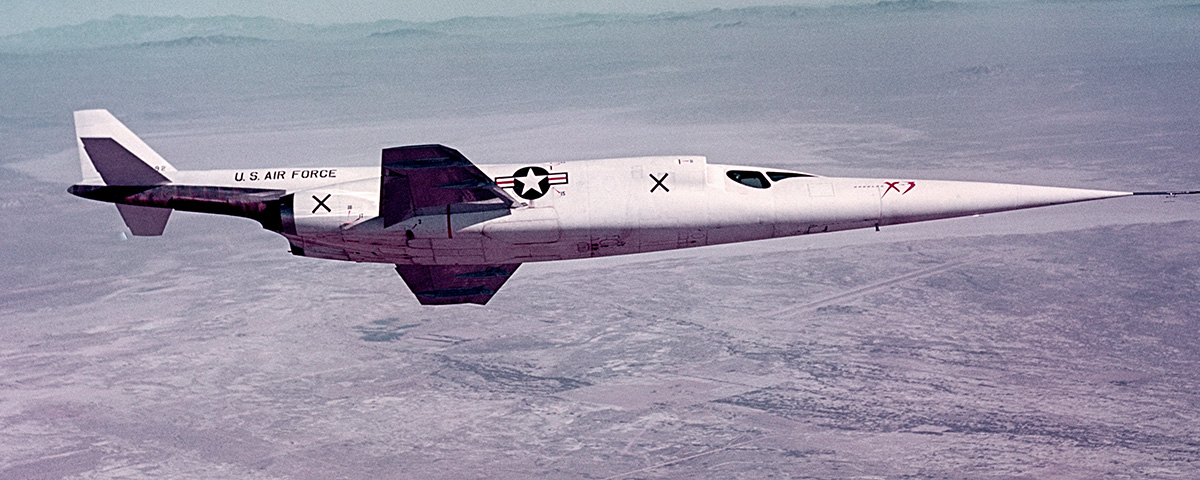
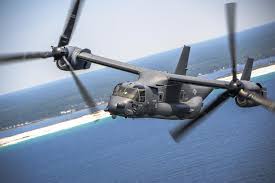
Boeing V-22 Osprey Tiltrotor
Very large gyroscopic effects that vary based on flight configuration (-h_z when vtol and h_x when forward flight); Must land in VTOL config due to rotors being too large; very hard to control
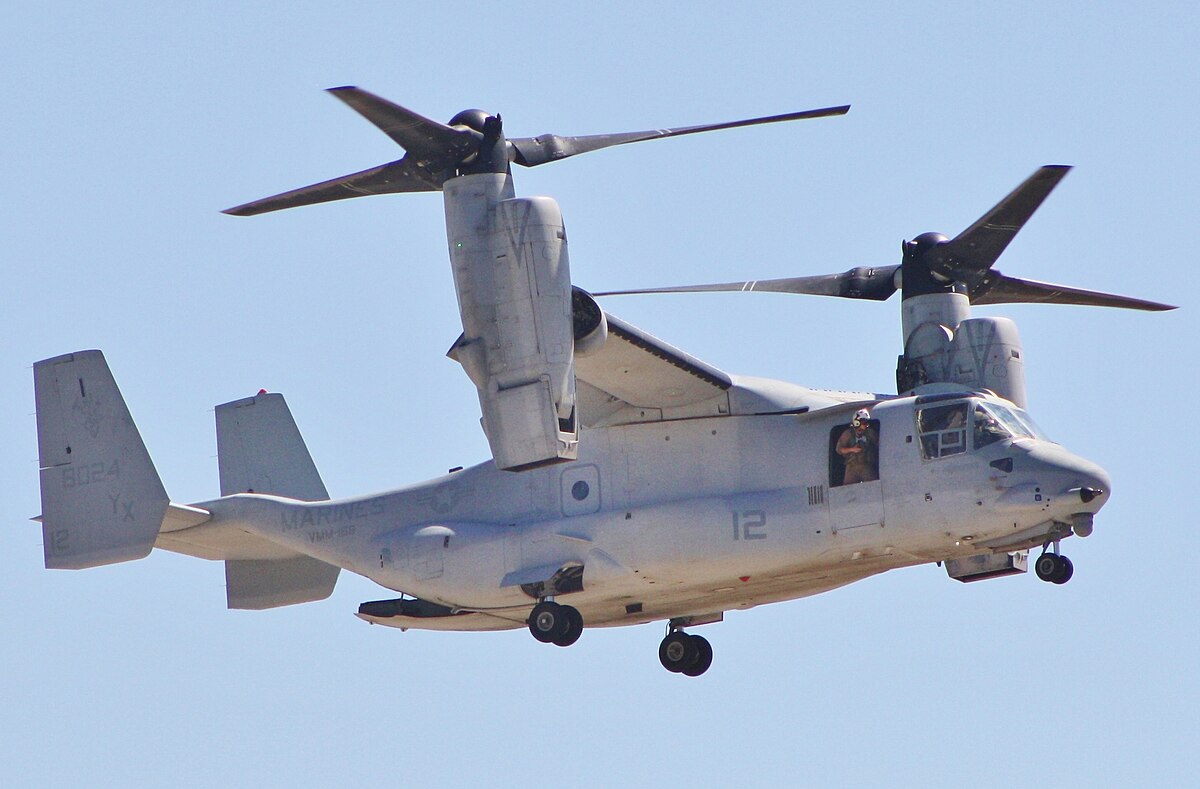
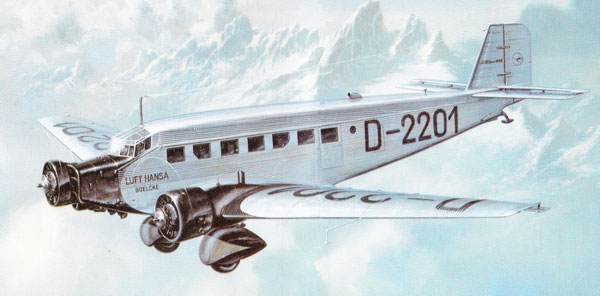
Junkers Ju 52
Toe-out angle helps in the event of an engine-out scenario by reducing the amount of rudder required to counteract the imbalance in moment due to propulsion
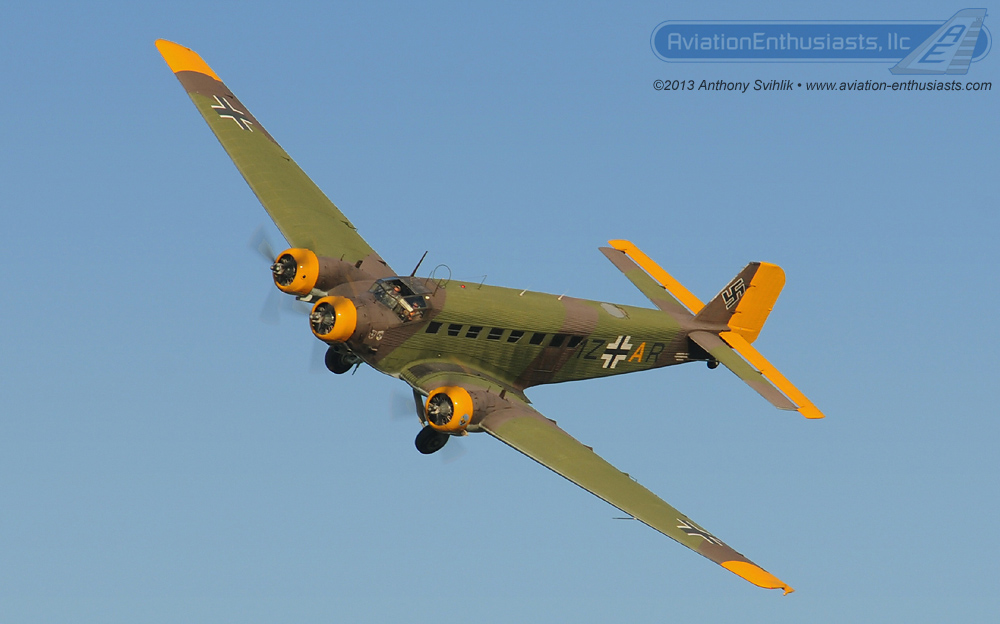
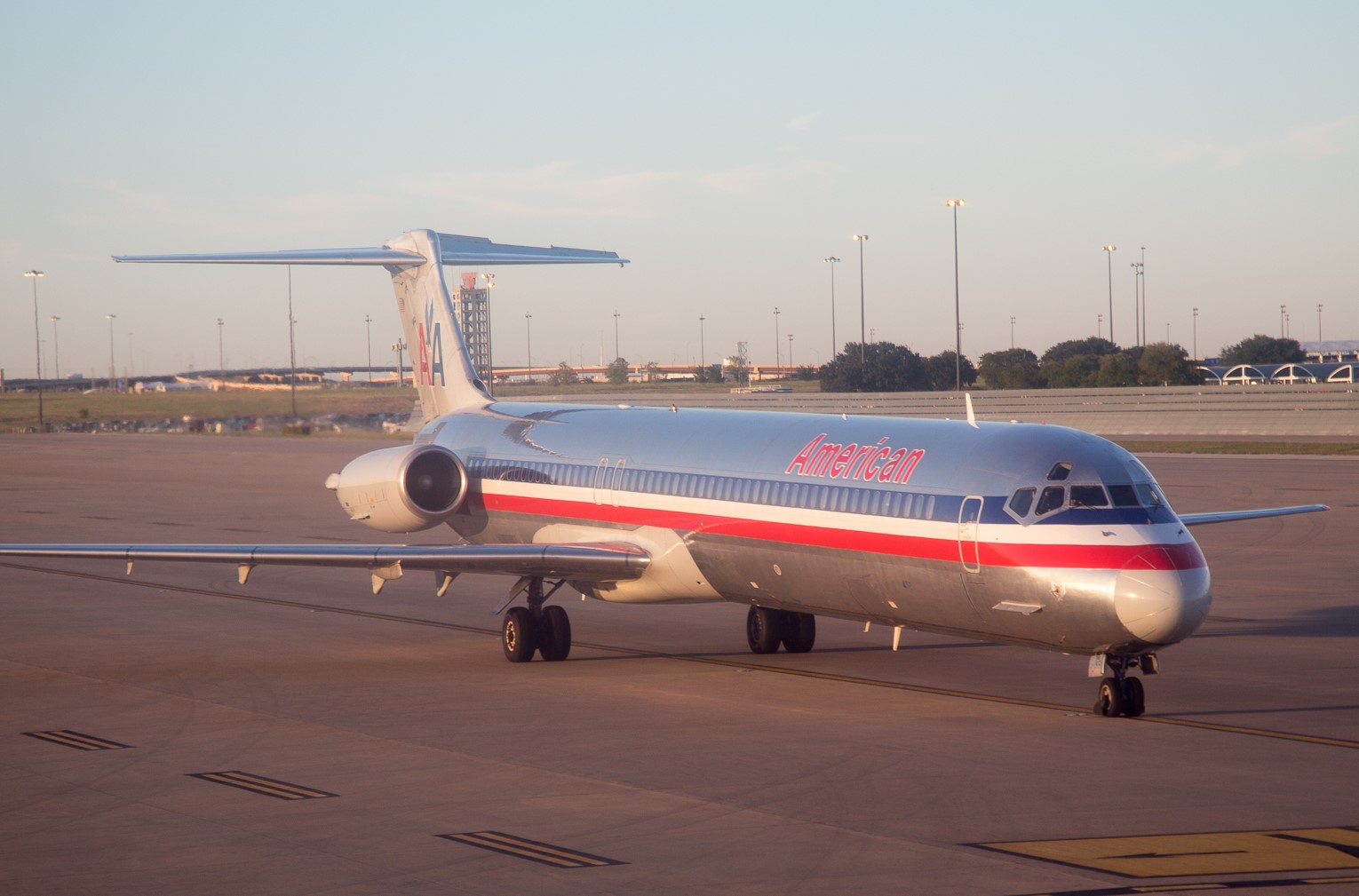
McDonnell Douglas MD-80
Engines angled upwards to reduce intake spillage due to downwash effects. Decreased drag during cruise conditions.
